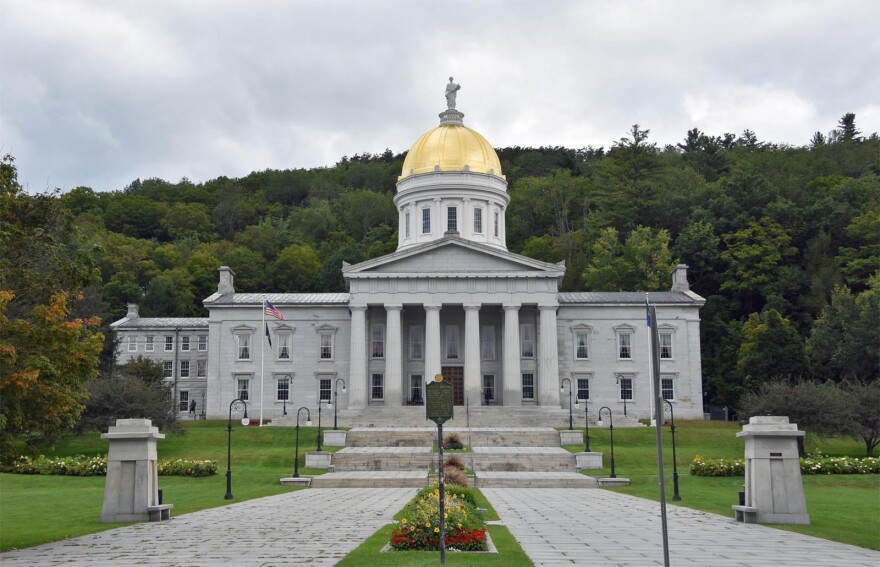During his weekly briefing today, Vermont Governor Phil Scott reiterated concerns over the direction of the state legislature with respect to housing.
The Republican focused on two bills pending in the Democratically controlled legislature. H.687 proposes changes to Act 250, the state’s 50-year-old land use regulation law. S.311, the BE Home Act, would make changes to land use planning, municipal zoning, taxes, and housing programs.
Governor Scott contends the first bill expands regulations, making it harder for communities to build housing. On the other hand, he says S.311 is a strong bill that has been stuck in the Senate Natural Resources committee. He said what concerns him is that it appears legislators are combining the two bills.
“If that's the case and they insist on a merger, I will only accept it if it actually moves us toward our goal to build and repair the units we need,” asserted Scott. “Which means adding all the reforms and tax incentives from 311, coupled with substantial changes the House's version of 687. It should be a surprise to no one that I will not accept any bill that makes it harder, slower or more expensive to build housing.”
Agency of Commerce and Community Development Secretary Lindsay Kurrle said the lack of housing is the state’s main barrier to affordability and growing the economy. She said a recent report from the Vermont Housing Finance Agency found that only 6 percent of renters in the state can afford a median priced home.
“It is our obligation as leaders to increase Vermont's housing stock for all Vermonters,” Kurrle said. “Part of what's driving our housing crisis is the added time and expense required to navigate Vermont's current permitting process under Act 250, driving up costs for renters and buyers as well as taxpayers who contribute to affordable housing efforts. Another crucial element we can't ignore is the fact that demand for housing is outstripping our supply. Current estimates show that we need to add roughly 6,800 homes and apartments now just to get to a healthy housing market.”
The Scott administration put forth a proposal last week to the House Ways and Means Committee for the state to loan itself money and pay it off over time with property taxes in order to reduce school spending and avert double digit property tax increases. But State Treasurer Michael Pieciak told the committee the plan could lower the state’s credit rating. Scott doesn’t agree with that analysis.
“I'd like to see the numbers. The rating agencies haven't weighed in on this,” noted Scott. “What the treasurer could do is tell us if, and that's a big if, the bonding agencies decided to downgrade our credit rating, what's the effect? How much will that cost us in relationship to what we know the $200 million is going to impact Vermonters versus what is the negative effect on Vermont.”
Meantime, Governor Scott was asked if he is concerned whether his controversial appointment for Education Secretary, Zoie Saunders, will be confirmed.
“I think the more that Zoie gets out, the more you get to know her, you will see the strengths she has, why she was our top pick and the benefit she will bring to Vermont if she is confirmed,” the Governor said. “So I think the more you get to know her, the better you like her.”
Saunders began working on Monday. Coming from a position in Florida, she has faced opposition from critics who say she is unqualified for the role and “demonstrates a propensity for policies” that undermine public schools.




